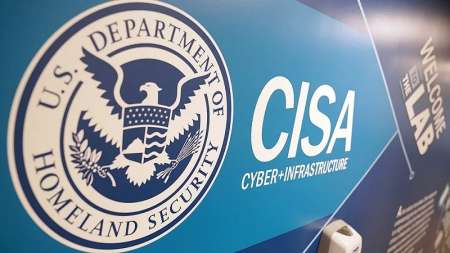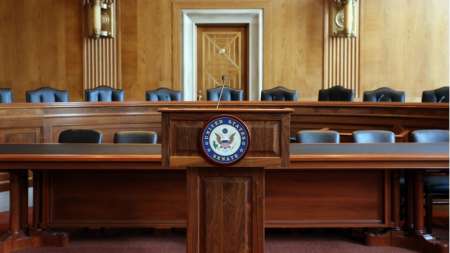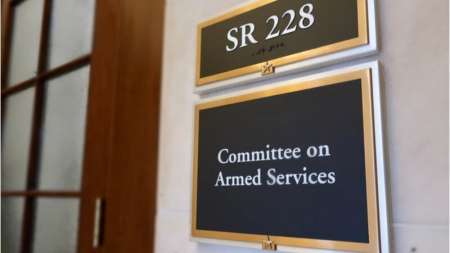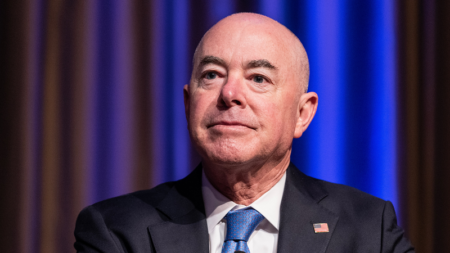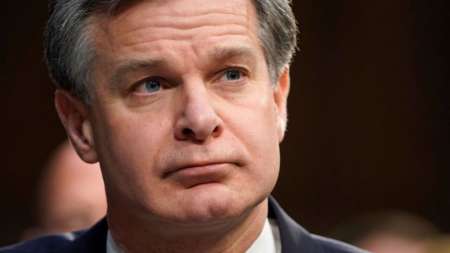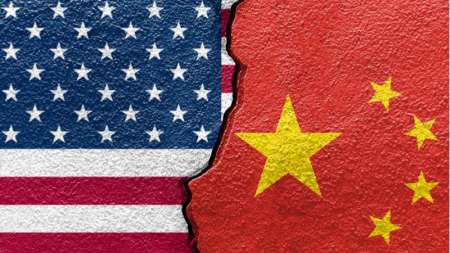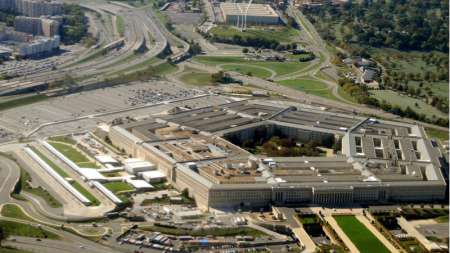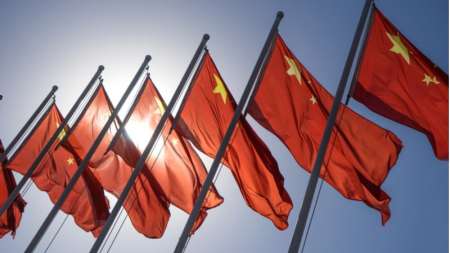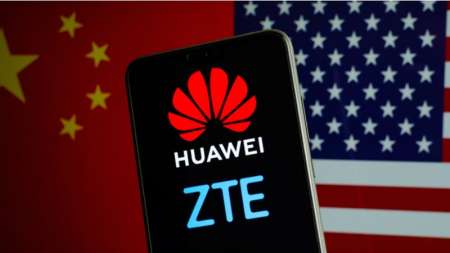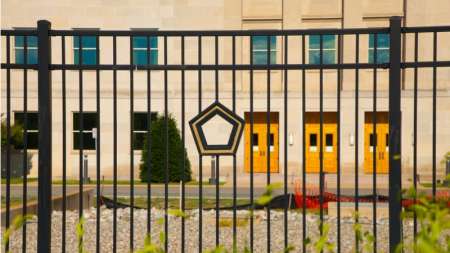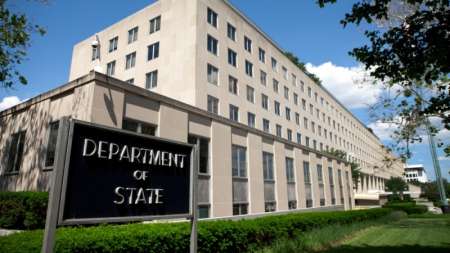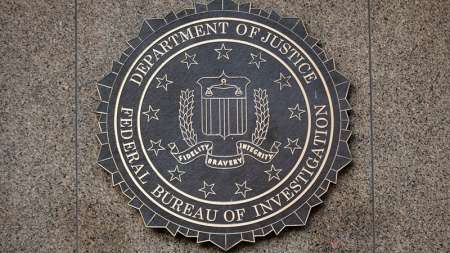The Cybersecurity and Infrastructure Security Agency (CISA), National Security Agency (NSA), and the FBI, along with international partners, released a joint cybersecurity advisory on Wednesday sharing technical details regarding malicious activity by a People’s Republic of China (PRC) state-sponsored cyber actor. […]
Lawmakers voiced their concerns about U.S. capability and progress in countering the increasing threat of China dominating the technology sector. […]
The United States faces an increasingly complex and daunting international threat environment that includes potential cyberattacks from China and a Russian military trying to recover from extensive losses in Ukraine, top U.S. intelligence officials told a Senate committee on May 4. […]
Department of Homeland Security (DHS) Secretary Alejandro Mayorkas announced late last week the formation of a task force that will examine negative repercussions of the widespread adoption of artificial intelligence (AI) technologies. […]
The Department of Defense’s (DoD) $842 billion budget request for fiscal year (FY) 2024 is “strategy-driven” and critical to the nation’s challenge to keep pace with China, a top Defense official told lawmakers during a March 28 Senate Armed Services Committee hearing. […]
FBI Director Christopher Wray said he is “deeply concerned” by the Chinese government’s AI program, and argued that China does not play by the same set of rules as the United States. […]
An expert on U.S.-China relations said this week that when it comes to tech, the United States excels at inventing, but China beats out the U.S. in terms of applying new tech. […]
The 2022 National Defense Strategy identifies China as the most comprehensive and serious challenge to U.S. national security and the Department of Defense’s (DoD) current pacing challenge, according to DoD Deputy Defense Secretary Kathleen Hicks. […]
As foreign adversaries begin to close the gap in the cyberspace race with the United States, the chief information officer (CIO) at the Air Force explained that the nation needs to be prepared for information to be front and center on the battlefield during any future war. […]
The Defense Intelligence Agency (DIA) by early next year plans to establish a mission group of intelligence analysts and experts to monitor China and its growing threat to the U.S., particularly in the cyber arena, according to an agency official. […]
The Federal Communications Commission (FCC) has banned the sale in the United States of telecommunications network equipment and services from several China-based providers – among other firms – because their use poses an “unacceptable risk to national security.” […]
A recent Government Accountability Office (GAO) report stated that while the Immigration and Customs Enforcement’s (ICE) efforts to address technology transfer risks at universities are underway, there is more the agency can do to improve the related data. […]
While the United States faces a diverse array of threats to national security, Federal officials warned on Nov. 17 that China poses the “greatest long-term threat,” especially when it comes to cyber threats. […]
Officials from academia and the private sectors told senators last week that the United States needs to speed its efforts to develop advanced technologies – including artificial intelligence (AI), quantum information science (QIS), and distributed ledger tech (DLT) – to stay ahead of rapid development in those areas by China. […]
The Central Intelligence Agency’s (CIA) Deputy Director for Digital Innovation (DDI) flagged competition with China, the need to create better artificial intelligence (AI) capabilities, and pressures to ramp up digital capabilities as three of the agency’s biggest tech priorities at September 13 event organized by GovExec. […]
A new report from Booz Allen Hamilton warns that sophisticated threat actors including China are likely to soon start stealing encrypted data from the U.S. government and private sector in the hopes of being able to decrypt the data years from now using quantum computing technologies. […]
The United States remains the global leader in cyber capabilities, retaining its “clear superiority” over other nations, but China may soon leave the “second-tier” of cyber power with its growing digital infrastructure, according to a new report. […]
Major U.S. adversaries and competitors are enhancing and exercising their military, cyber, and other capabilities, raising the risks to the nation, the Office of the Director of National Intelligence (ODNI) reported in its 2021 Annual Threat Assessment. In its public report, ODNI highlighted China’s push for global power, as well as the activities of several other nations. […]
A bipartisan Senate bill introduced on Monday would help the United States to grow and maintain its global technology advantage against China and other competing nations. […]
National Science Foundation (NSF) Director Sethuraman Panchanathan told House appropriators today that the $10.2 billion proposed budget for the agency for fiscal year 2022 is necessary for the United States to remain a global tech leader, and to “outcompete” China in its efforts to take the top spot. […]
The Office of the Director of National Intelligence (ODNI) warned in an April 13 report that the United States and its allies face “a diverse array” of threats to national security, including increased cyber threats from adversaries. […]
Senate Majority Leader Chuck Schumer, D-N.Y., plans to introduce a bill to ensure the United States will “out-compete China” as a global tech leader and create new American jobs in the tech industry. […]
The United States is leading the world in the development and use of AI with China close behind, according to a new report. […]
The Government Accountability Office (GAO) said in a Dec. 10 report the Department of Defense (DoD) is at risk of not being able to fully achieve its electromagnetic system (EMS) strategy goals without addressing key issues. […]
The Cybersecurity and Infrastructure Security Agency (CISA) revealed today that malicious actors affiliated with the Chinese Ministry of State Security (MSS) are using open-source information plans and readily available exploits to attack networks. […]
A former Central Intelligence Agency (CIA) official, Alexander Yuk Ching Ma, was arrested last week for conspiring to communicate classified information to Chinese officials. […]
The Department of State launched the Clean Network program on August 5 to promote the protection of American data and telecommunications infrastructure, specifically targeting China-based companies. […]
A group of Republican senators introduced the Strengthening Trade, Regional Alliances, Technology, and Economic and Geopolitical Initiatives Concerning China (STRATEGIC) Act to advance a comprehensive strategy for U.S. competition with China. The legislation, introduced July 22, is co-sponsored by Sens. Cory Gardner, R-Colo., Jim Risch, R-Ind., Mitt Romney, R-Utah, and Todd Young, R-Ind. […]
“Team Telecom” – a group of Federal government officials tasked with making recommendations on the national security implications of Federal Communication Commission (FCC) telecommunications applications – has failed to properly monitor Chinese government-owned telecommunication carriers, according to a June 9 report from the Senate Homeland Security and Governmental Affairs Committee’s Permanent Subcommittee on Investigations (PSI). […]
The Federal Bureau of Investigation (FBI) and the Cybersecurity and Infrastructure Security Agency (CISA) are warning research organizations studying COVID-19 that they may be susceptible to targeting and network compromise by the People’s Republic of China (PRC). […]

